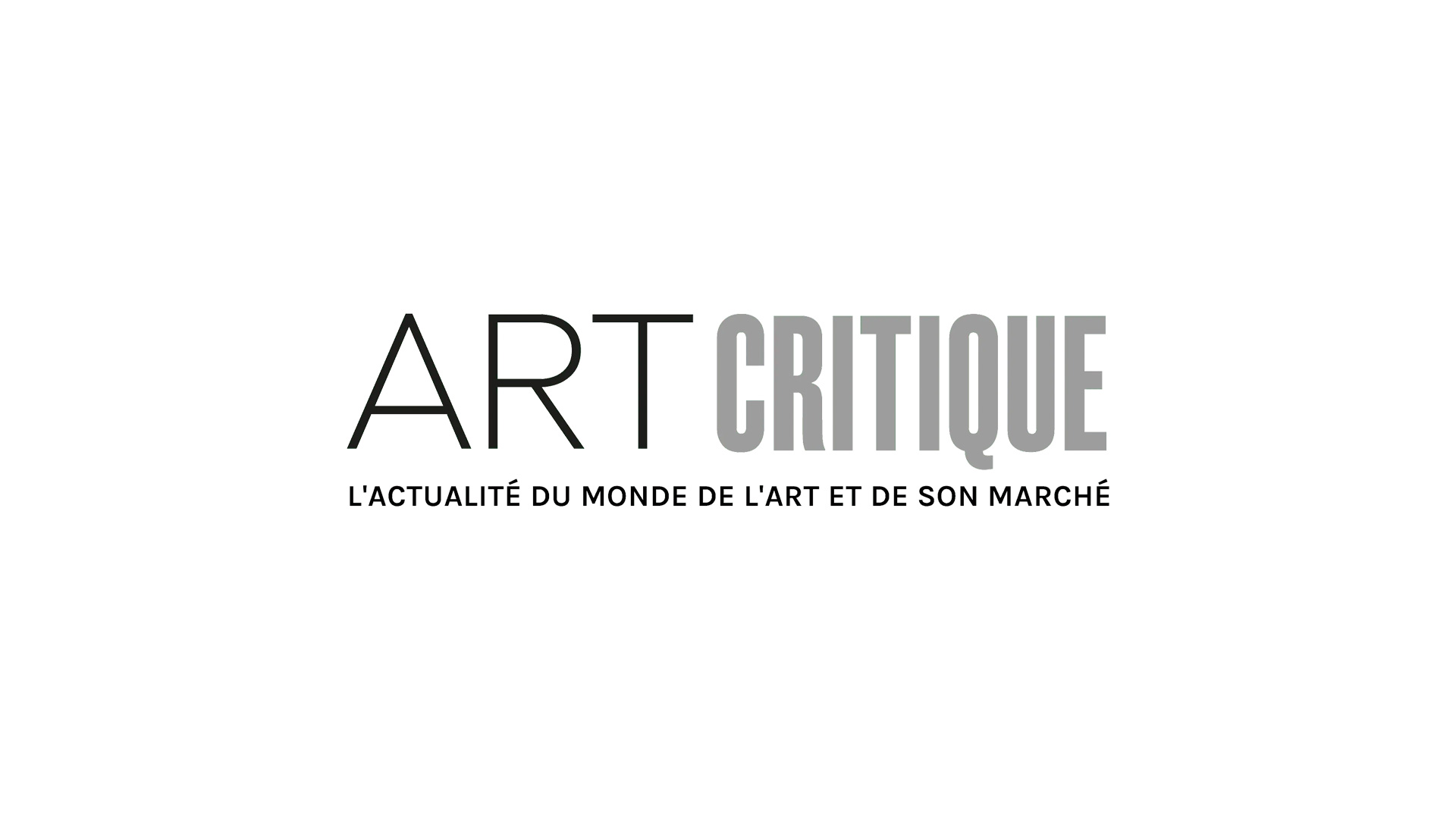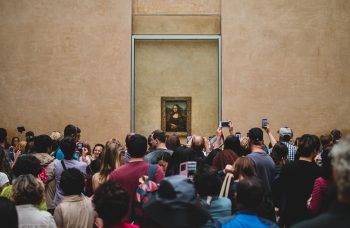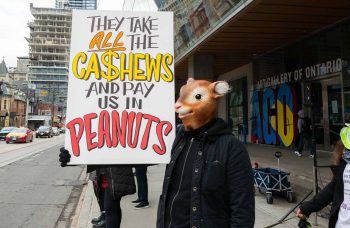The full extent of the devastation in Beirut is still unknown after two explosions ripped through the city on August 4th. In the week since the blasts, artists have begun raising money in various ways, from pure donations to auctioning artworks, to help support the arts community in the Lebanese capital.
As though suffering from a dismal economy and working their way through the COVID-19 pandemic weren’t difficult enough, the recent explosions have completely devastated families and communities that call Beirut home. The explosions were purportedly caused by the ignition of 2,750 tonnes of ammonium nitrate stored in the city’s port, which has gone without safety checks for six years according to the BBC. More than 200 people have died in relation to the blasts while upwards of 6,000 have been injured, physically and/or physiologically, and not all have been accounted for as of yet. To date, an estimated 300,000 have been displaced during the last week and the Lebanese government may soon resign as people have grown in anger over their negligence.

Among those affected is Beirut’s arts community. Some believe that the cost of the devastation to Beirut galleries, studios, and museums is upwards of £7 billion, but the actual loss will certainly be immeasurable. Additionally, a number of artists and those working in the arts sector have been injured and some died as a cause of the explosions including architect Jean-Marc Bonfils and art dealer Gaia Fodoulian, both of whom have sadly passed away.
In an effort to raise funds for those affected, a number of fundraisers have been set up in the last seven days. Grass roots efforts by artists, with or without ties to Lebanon, have sprung up around the world while larger organisations have formed to aid those who are experiencing an unthinkable event. Some efforts at the forefront of assisting Beirut include Art Relief for Beirut (@artrelief4beirut) and the Beirut Art Fund via Mophradat.
Art Relief for Beirut was set up and solely run by Mohamad Kanaan, based in the Netherlands. Through Instagram, Kanaan has been selling prints of artworks donated by various artists. Among those who have contributed works are the collective 2019 Turner Prize winners, Lawrence Abu Hamdan, Helen Cammock, Oscar Murillo, and Tai Shani who submitted work made as a collective, and Lebanese artists Ali Cherri, Omar Khouri, and Tamara El Samerraei, among more than 20 others. To purchase works, buyers have to provide proof that they’ve made a donation to either Impact Lebanon and the Lebanese Red Cross so that funds go directly to the organisations assisting Beirutians. In its short stint, Art Relief for Beirut has already raised over $77,000 (~£58,000).
The Beirut Art Fund, on the other hand, is led by Lebanese-born artist Walid Raad. The fundraiser is operated through Mophradat, a Brussel-based non-profit also led by Raad, that seeks to “create opportunities for artists from the Arab world.” Funds raised through the non-profit will be distributed to aid the “peers, colleagues and friends” of the Beirut arts community who have been devastated by the explosions. “We [the Beirut Art Fund] will direct 100% of the funds to arts individuals and institutions while keeping in the spirit of our mandate, to support artists and thinkers, feminists and queer people and initiatives, and provide tools to help sustain their practices rather than focus on individual projects,” a spokesperson for the initiative told The Art Newspaper.
“People are still missing; The dead are being buried; The wounded tended to; Psyches are scarred; Debris is piling up; Shortages abound; And top of our mourning, tears, and fears, we feel anger, defiance, resignation, horror and disgust wrapped into a single continuous consuming emotion,” reads a letter, written by Raad and Mophradat director Mai Abu EIDahab. “As we live this (up close and from afar), we will do what we can so that our arts communities return to studios and workspaces, gathering spots and centers, art schools and residencies, museums and theaters.”





